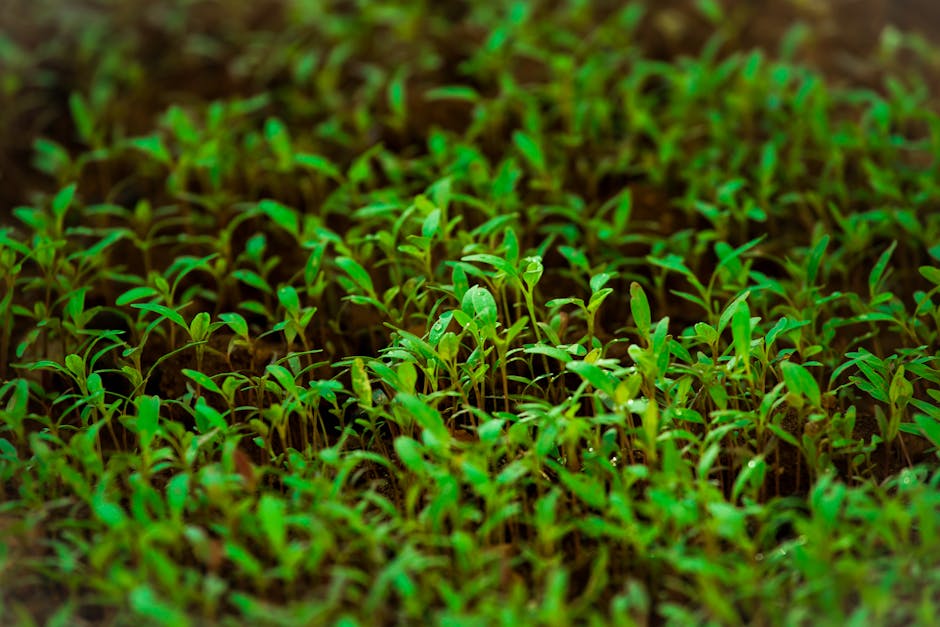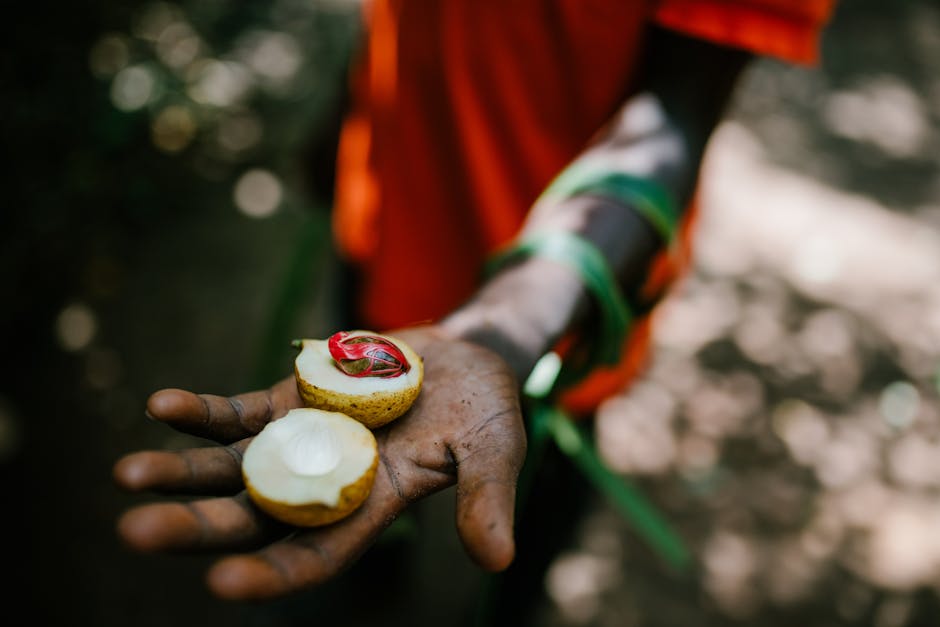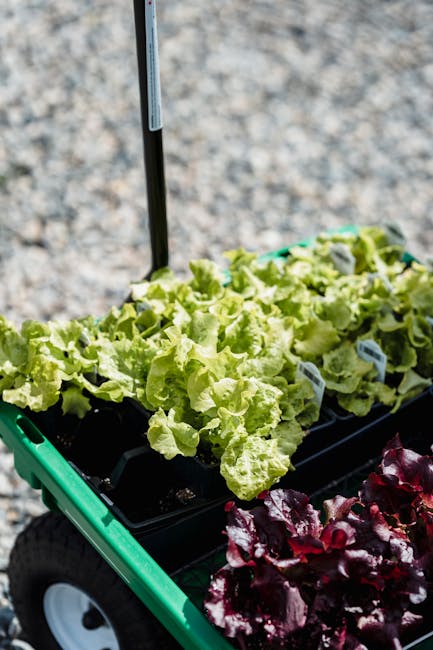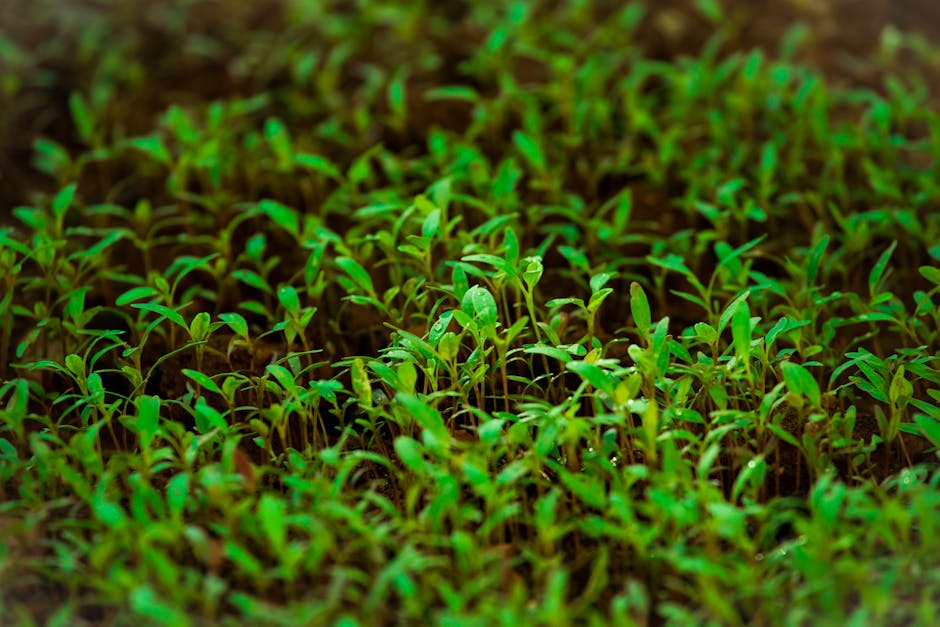Grow A Garden: The Ultimate Seed Tier List for Beginners and Experts
Starting a garden can feel overwhelming. With countless seed varieties available, choosing the right ones for your skill level, climate, and desired outcome can be a daunting task. This comprehensive guide provides a tiered seed list, categorizing seeds based on ease of growth, yield, and overall success rate. Whether you’re a seasoned gardener or just starting out, this resource will empower you to make informed choices and cultivate a thriving garden.
Understanding the Tier System
This seed tier list utilizes a system of five tiers, from Tier 1 (easiest to grow) to Tier 5 (most challenging). The tiers consider factors like germination rate, disease resistance, pest susceptibility, and overall care requirements. Remember that success also depends on factors like your soil quality, climate, and dedication to gardening practices.

Tier 1: The Beginner’s Bounty (Easiest to Grow)
These seeds are perfect for novice gardeners. They boast high germination rates, require minimal care, and are generally quite resilient to common gardening challenges.
- Lettuce: Quick-growing and adaptable to various conditions, lettuce is a great choice for beginners. Many varieties are readily available, including loose-leaf and head lettuce.
- Radishes: Ready for harvest in as little as a month, radishes are a fast and rewarding crop for new gardeners. They are relatively pest-resistant and tolerate cooler temperatures.
- Zucchini/Summer Squash: These prolific plants produce an abundance of fruit with minimal effort. They are heat-loving and require regular watering but are generally low-maintenance.
- Sunflowers: Easy to grow and visually stunning, sunflowers are a great addition to any beginner’s garden. They require ample sunlight and well-drained soil but are otherwise quite low-maintenance.
- Beans (Bush Beans): Bush beans are compact and easy to manage, producing a bountiful harvest with relatively little effort. Choose disease-resistant varieties for optimal success.
Tier 2: Moderately Easy to Grow
This tier includes plants that require slightly more attention and specific conditions than Tier 1, but still offer a high chance of success for gardeners with some experience.

- Tomatoes (Determinate): Determinate tomato varieties are more compact than indeterminate types, making them easier to manage for less experienced gardeners. They require consistent watering and support.
- Peppers (Bell Peppers): Bell peppers thrive in warm, sunny locations and need well-drained soil. They require consistent watering and protection from pests.
- Cucumbers: Cucumbers are prolific producers but can be susceptible to diseases. Choose disease-resistant varieties and ensure adequate spacing for good air circulation.
- Carrots: Carrots need loose, well-drained soil that’s free of rocks. Thinning seedlings is crucial for optimal growth and yield.
- Spinach: Spinach prefers cool temperatures and consistently moist soil. It can bolt (flower prematurely) in hot weather, so planting in early spring or fall is recommended.
Tier 3: Moderate Skill Required
These plants require more specific care, attention to detail, and some understanding of plant needs. Successful cultivation in this tier often depends on consistent monitoring and adjustments.
- Tomatoes (Indeterminate): Indeterminate tomatoes are vigorous growers that require staking or caging to support their weight. They need consistent watering and fertilization.
- Eggplant: Eggplants need warm temperatures, well-drained soil, and regular watering. They are susceptible to pests and diseases, requiring careful monitoring.
- Broccoli: Broccoli requires consistent moisture and fertile soil. It’s susceptible to pests like aphids and cabbage worms, necessitating regular inspection and pest control.
- Cauliflower: Similar to broccoli, cauliflower needs consistent moisture and fertile soil. Head formation can be affected by heat stress, so choose a suitable variety for your climate.
- Brussels Sprouts: Brussels sprouts are a cool-season crop that needs consistent moisture and fertile soil. They require a longer growing season.
Tier 4: Challenging but Rewarding
These plants present significant challenges, requiring advanced gardening skills, knowledge of specific needs, and often a significant time commitment. Successful cultivation will require experience and dedication.
- Melons (Watermelons, Cantaloupes): Melons need warm weather, well-drained soil, and plenty of space to grow. They are susceptible to diseases and pests.
- Squash (Winter Squash): Winter squash varieties require a longer growing season and specific conditions to produce their large fruits. They are susceptible to pests and diseases.
- Asparagus: Asparagus is a perennial plant that requires careful site preparation and specific soil conditions. It takes several years to reach full production.
- Peas (Climbing Peas): Climbing peas require support structures and regular watering. They are prone to pests and diseases.
- Kale: Kale is relatively hardy but can be susceptible to pests and diseases, particularly in warm, humid climates.
Tier 5: Advanced Gardener’s Challenge
This tier contains plants that demand extensive knowledge, precise conditions, and a high level of skill to cultivate successfully. These are not recommended for beginners.
- Celery: Celery requires consistent moisture, fertile soil, and specific spacing. It has a long growing season and can be susceptible to diseases.
- Leeks: Leeks require well-drained soil, consistent moisture, and a long growing season. They are relatively slow to mature.
- Root Vegetables (Parsnips, Salsify): These root vegetables require loose, well-drained soil and a long growing season. They need specific conditions to develop fully.
- Basil (Specific Varieties): Certain basil varieties can be more challenging to grow than others, requiring specific light, temperature, and humidity conditions.
Factors to Consider Beyond the Tier List
While this tier list provides a helpful guideline, remember that other factors can significantly impact your success. Consider your local climate, soil conditions, and pest prevalence when selecting your seeds. Research specific seed varieties within each category to find those best suited to your environment. Proper soil preparation, consistent watering, and pest and disease management are crucial for success at any tier.
Happy gardening!


